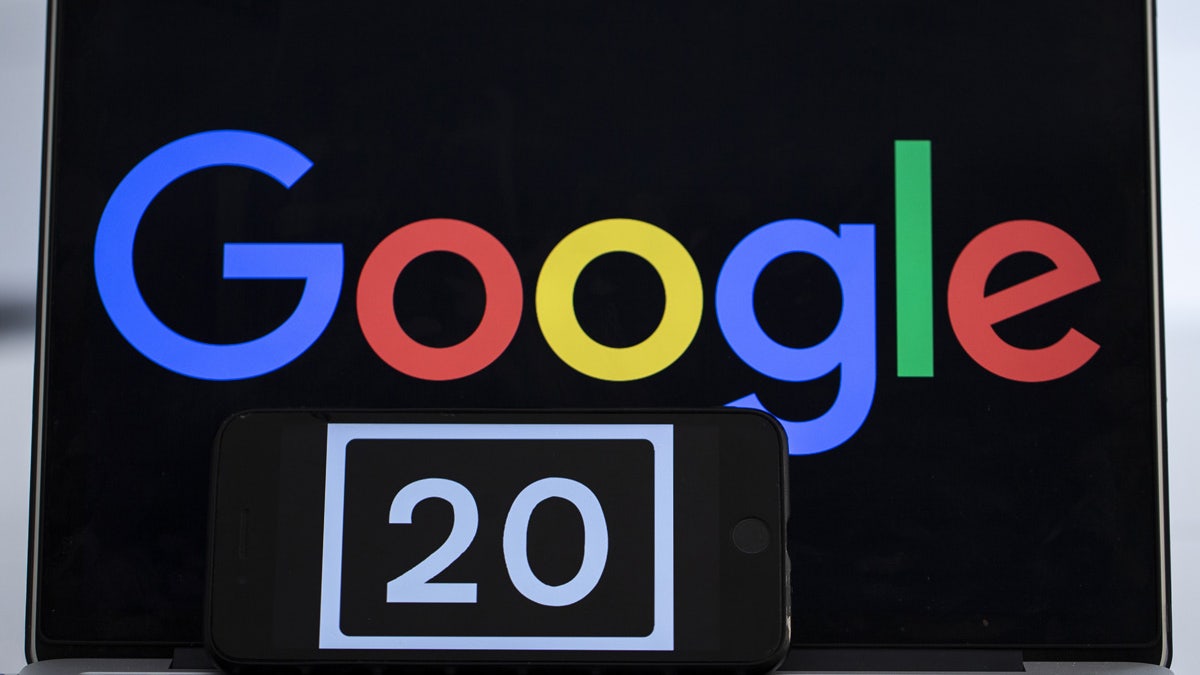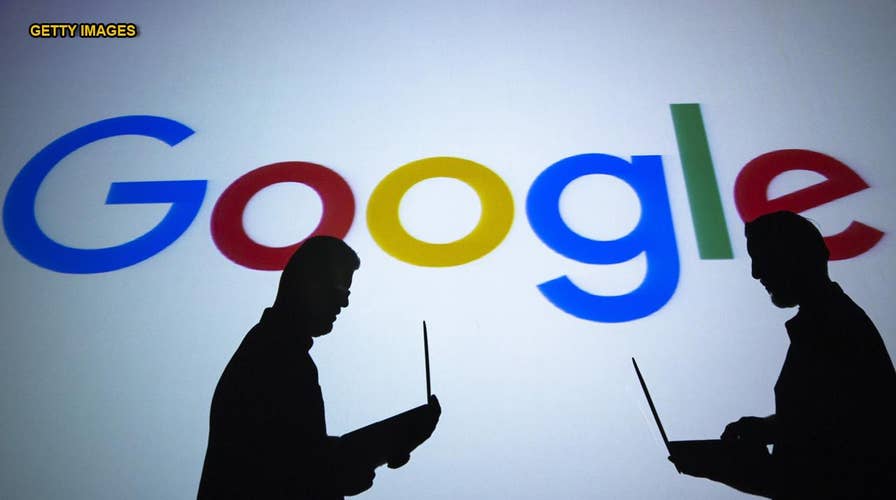Google Search's secret strategy
Take a look inside Google's hidden process, powered by people and algorithms, working to make sure the answers to the billions of questions typed into its search bar are correct and serves what the user wants.
MOUNTAIN VIEW, Calif. – Thousands of engineers and product specialists spend countless hours here at Google’s sprawling complex and its offices worldwide trying to solve search’s most complex problem: language.
As Google is returning results for one of the billions of queries it receives per day—a mind-blowing 15 percent have never been asked before—a hidden process powered by people and algorithms is working to make sure the answer that’s surfaced is correct and serves what the user wants.
The average person who types a question into Google and gets an answer probably doesn’t ponder how it happens—although they are aware of the snafus.
When problems do arise, such as the mislabeling of the California Republican Party as having an ideology of “Nazism,” due to vandalism on one of Google’s sources, they stand out because the search giant has generally convinced users that it understands language. But that’s not exactly the case.
“I’m here to tell you that [Google’s] understanding of language is completely different and much weaker than the way you and I understand language,” Pandu Nayak, Google’s head of ranking, told Fox News in a recent interview.
For instance, Nayak explained the search engine's understanding of the query "Is sole good for kids?"—trying to distinguish between fish and the bottom of a shoe—is not as strong as it was a few years ago. Given that, the process of search is constantly being tweaked to serve billions of users.
“The only thing I can guarantee or say with absolute certainty is that as these problems arise we are absolutely committed toward finding solutions to them,” Nayak, who has hundreds of engineers working on his team, added.

A screen of a mobile phone shows the number of '20' referring to the 20th anniversary of Google. (Getty Images)
Every year, there are trillions of searches on Google and over half of them happen on mobile.
In August, President Trump asserted that Google skews its search results against him and other figures on the right, a claim that the company vigorously denied.
“Search is not used to set a political agenda and we don't bias our results toward any political ideology,” a company spokesperson said in August.
At a time when Google is under an intense spotlight for many reasons—about 17,000 employees recently walked out over its handling of sexual harassment incidents, its withdrawal from the Pentagon’s Project Maven, calls from some quarters to break it up on antitrust grounds, and the perception that its products are “biased” against conservatives—it is still the most dominant, smartest search engine.
#GOOGLEWALKOUT: THOUSANDS OF WORKERS PROTEST SEXUAL HARASSMENT, PAY INEQUALITY, DEMAND CHANGES
Amid the firehose of information and the typically limitless human capacity to ask questions about pretty much everything, few people understand how Google actually works when you type a query into the box.
The tech company’s crawlers, which are constantly scanning every page on the World Wide Web for new content and links, among other things, store copies of the web pages in the company’s massive index—which, if stacked as pages of a book, would stretch to the Moon and back twelve times. The software matches your query with terms on the most relevant pages and ranks those pages based on authoritativeness and relevance prior to producing your results.
All of that happens in roughly a quarter of a second.
Meanwhile, the algorithms are constantly being improved and tweaked: About 10,000 search quality raters around the world are conducting thousands of tightly-controlled search experiments—there were 30,000 experiments that resulted in 2,500 changes to search last year—to rate whether results are producing accurate, correct information. The guidelines, which run to 164 pages, give raters a detailed, methodical way to evaluate how a webpage works and whether it delivers quality content for users.

Google logos are seen in this photo illustration together with images of Donald Trump. (Getty Images)
In many ways, search is not a solved problem and may never be. Spammers will always try to game the system, although Google has managed to lessen their impact. Data voids and bad, conspiracy-fueled web pages will always exist, but the search giant has been able to mitigate their reach.
“We’re under a bigger microscope, that’s for sure, and the expectations are that much higher,” Nayak, who started working at Google 14 years ago, said. “We actually very much want to do the right thing in these cases. We do want to serve our users and we’re always looking at ways to improve.”
OCASIO-CORTEZ SLAMS AMAZON FOR NYC HQ2, CITES COMMMUNITY 'OUTRAGE'
Those improvements have included AI-fueled steps to make search more visual and the launch of the Discover search feed. Google’s recent celebration of search’s 20th anniversary highlighted that the company sees neural networks and machine learning as part of search’s ongoing development.
Regardless of the coming technological breakthroughs, Google executives also told Fox News that search’s continued improvement depends on a healthy, robust journalism industry. The company in March announced a $300 million Google News Initiative, a range of grants in the U.S. over three years to assist publishers, drive digital media innovation, combat misinformation and increase overall media literacy.
“We do believe that journalism is crucial in an open democracy. If you understand Google, the core foundational components of who we are—are search—the relevance of search depends on there being a rich ecosystem on the open web,” Richard Gingras, VP of Google News, told Fox News. “It’s in our interests.”









































